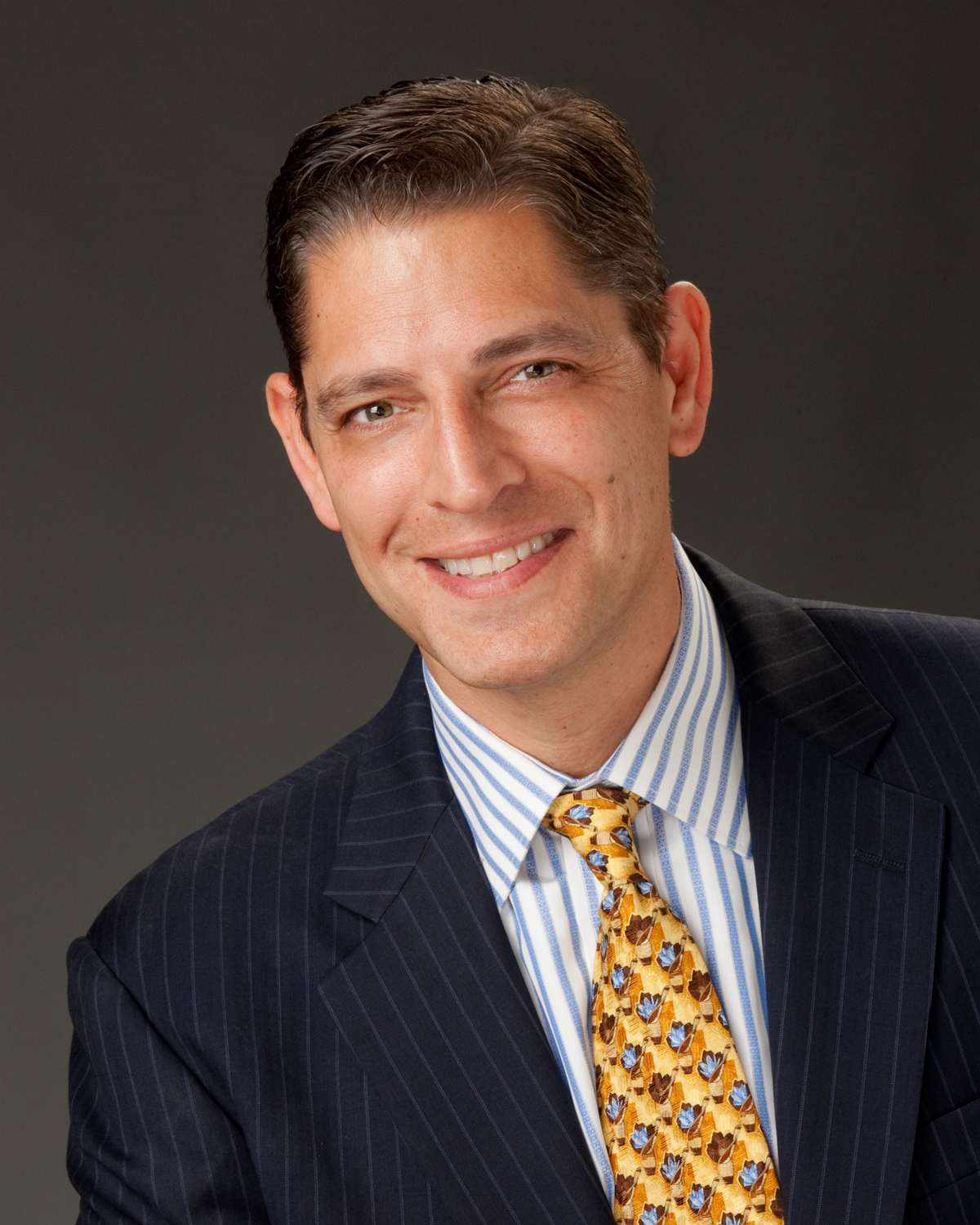Each week in synagogue we read another portion from the Old Testament (we read through the whole thing in weekly installments over the course of a year). This coming week, we are going to be reading the portion that discusses how Jacob and his family went down to Egypt upon finding out that his son, Joseph, was still alive (after believing that he was dead for several years). Upon arriving in Egypt, Jacob is granted an audience with Pharaoh. Pharaoh proceeds to ask him “How many are the days of the years of your life?”
That’s an odd way of asking someone how old they are. Why not just ask him “how old are you” or even “how many years have you lived?” Why the somewhat twisted version of the question above? Jacob’s answer repeats that rather strange terminology.
Rabbi Samson Raphael Hirsch had an interesting interpretation: by asking Jacob how many were the days of the years of his life he was actually asking Jacob, “How many truly meaningful days have you had in the years you gave lived?” Pharaoh and Jacob both realized that a life may be years long yet limited in the amount of meaningful and well-lived days. This is an idea echoed centuries later by Abraham Lincoln: ““And in the end, it’s not the years in your life that count. It’s the life in your years.”
I spoke about these passages recently at the unveiling for my cousin Ron Esposito. Ron was a person who lived this way, even through 25 years of dealing with chronic leukemia. He always saw the positive of life’s experiences, enjoyed his family and was suffused with good humor. That’s the way we all should approach life; focus on making sure that we have as many meaningful days that we can have, and let the years take care of themselves. Let’s resolve to make sure that the days of our lives are well-lived. In healing,
Howard

